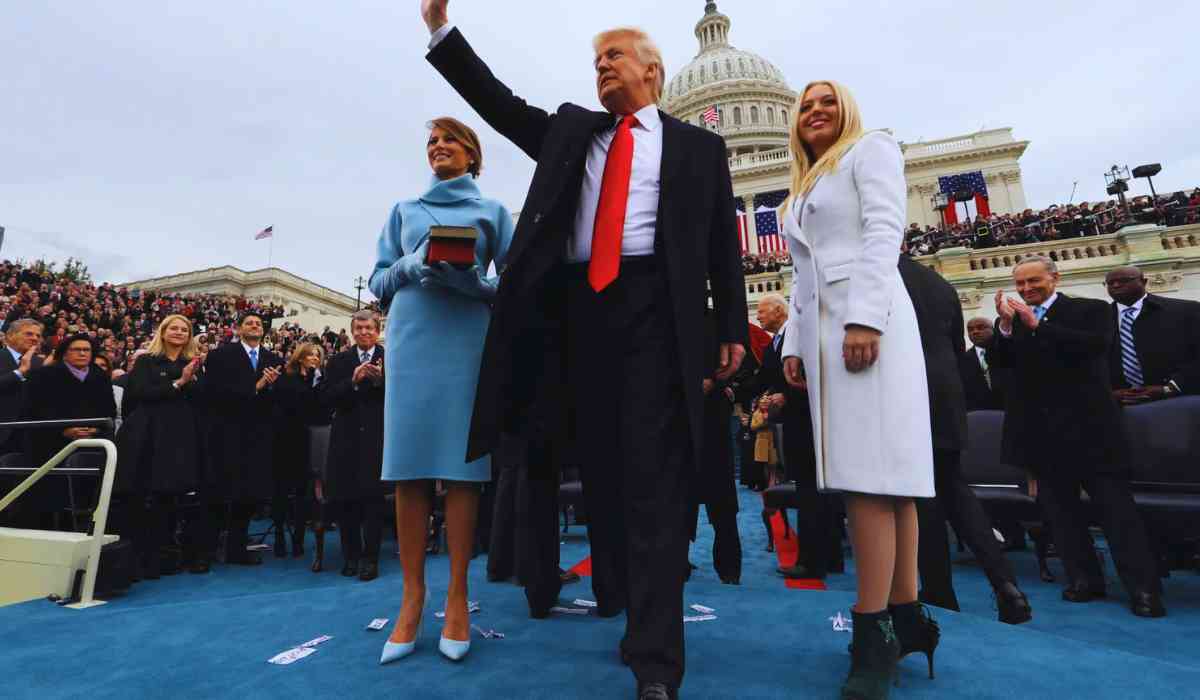Donald Trump is set to deliver his second inaugural address on January 20, 2025, amidst a politically charged atmosphere that raises concerns both domestically and internationally. This moment marks a significant turning point as Trump seeks to redefine his presidency after a tumultuous first term characterized by divisive rhetoric and controversial policies.
A Shift in Tone?
In the lead-up to his inauguration, Trump has promised a speech focused on unity, strength, and fairness. He stated, "It's going to be a message of unity... No American carnage". This declaration comes as a stark contrast to his first inaugural address in 2017, where he painted a grim picture of America, describing it as a landscape filled with "rusted-out factories" and "American carnage". Observers are cautiously optimistic that Trump may adopt a more conciliatory tone this time around, yet skepticism remains high given his history of reverting to divisive language.
Political Landscape and Expectations
Trump's return to power is not without its challenges. Having narrowly won the popular vote but lacking a clear majority, he faces the task of appealing to a broader coalition of voters .Republican strategist Karl Rove emphasized that this is an opportunity for Trump to solidify support among reluctant followers and even convert critics if he delivers an optimistic inaugural address.
The stakes are high; failure to pivot from his usual confrontational style could alienate potential allies in Congress and further entrench divisions within the electorate.
Historical Context
Historically, second inaugural addresses are less dramatic than first ones but remain crucial for outlining future governance. Trump’s situation differs significantly from that of Ronald Reagan, who used his second address as a platform for vindication following a successful first term.
In contrast, Trump is navigating the fallout from his 2020 election loss and the subsequent controversies surrounding it. His upcoming speech represents not just an opportunity for redemption but also a chance to legitimize his presidency in the eyes of skeptics.
Global Implications
Internationally, Trump's presidency has been met with mixed reactions. Supporters view his return as a beacon of hope against what they perceive as an excessive leftward shift in American politics. Conversely, many fear that his administration will exacerbate nativism and isolationism, potentially destabilizing relationships with global allies.The implications of Trump's policies could resonate far beyond U.S. borders, raising concerns about increased tensions on the world stage.
Conclusion
As Trump prepares to take the oath of office once again, all eyes will be on his inaugural address. Will he embrace the themes of unity and fairness he has promised, or will he revert to familiar patterns of divisiveness? The outcome of this address could shape not only his presidency but also the political landscape for years to come. As history has shown, inaugural addresses are more than mere speeches; they set the tone for governance and signal intentions both domestically and abroad.

























